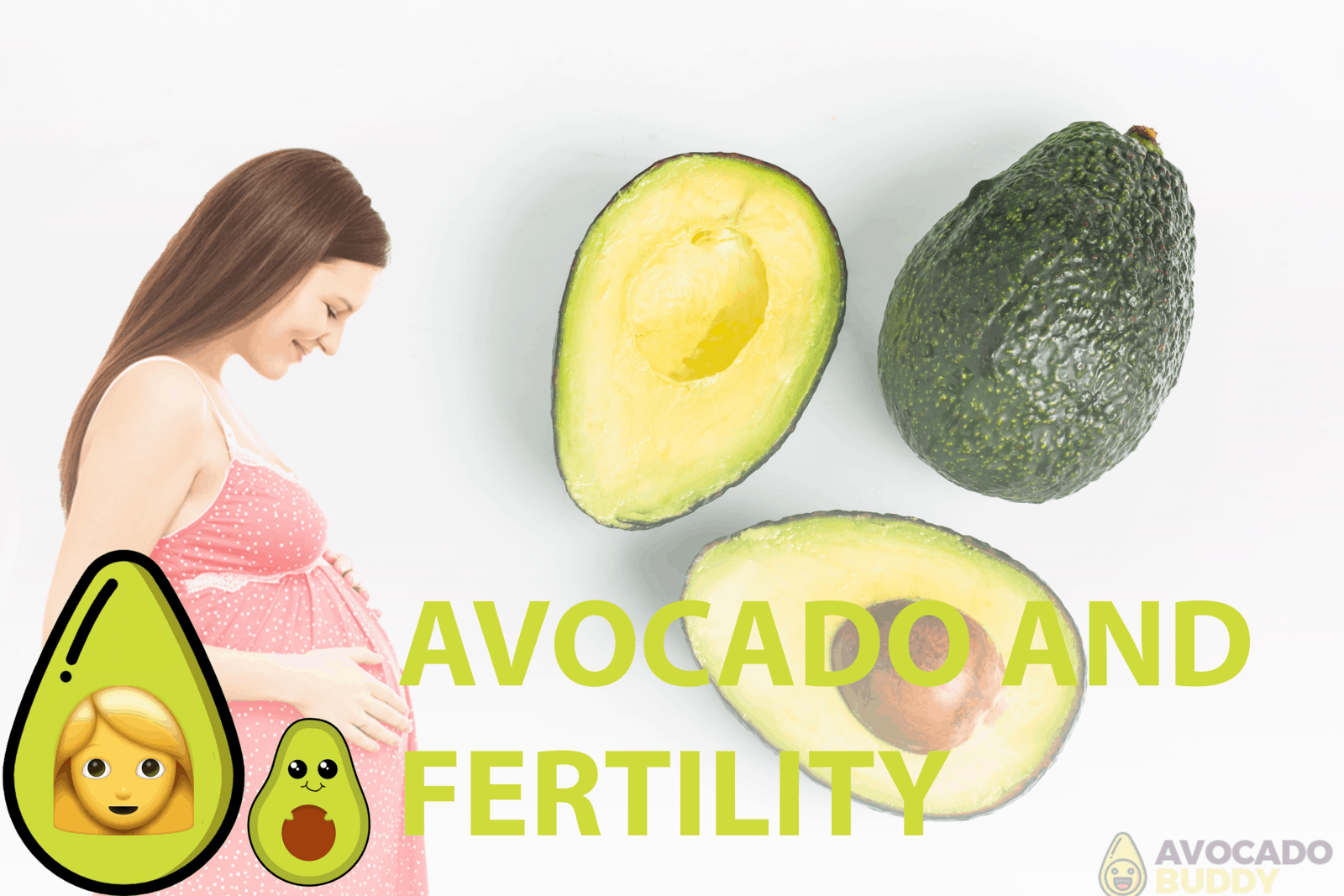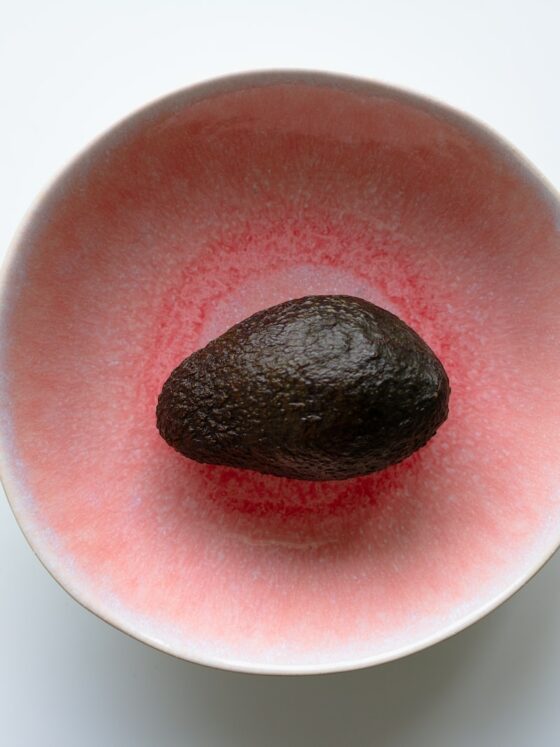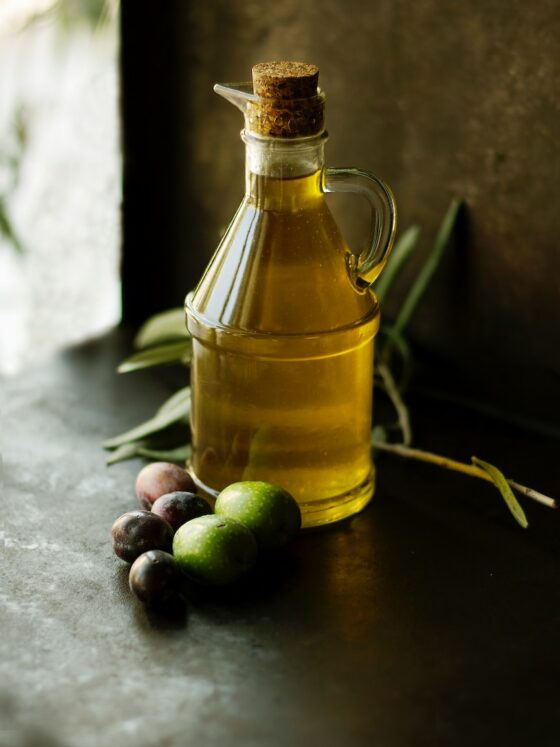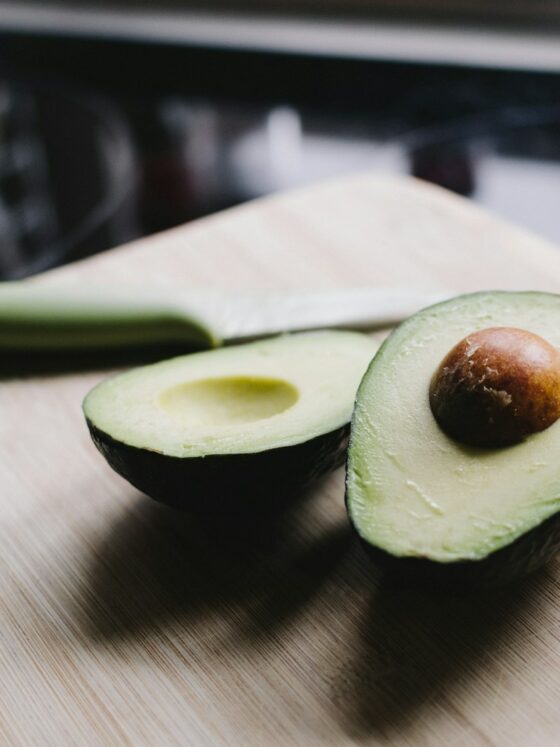Avocado and fertility – is it true? Could it be that avocados have the (sort of) mystical power of influencing your fertility positively? Well, according to a recent study, the answer is yes.
A study conducted to determine the role of avocados in conception and pregnancy showed that maternal diets should be rich in nutrients. Avocados are a key element in these diets precisely because they have the majority of the needed nutrients for future mothers.
Within the list of these main nutrients are folate, potassium, and other vital compounds such as antioxidants, fiber, and monounsaturated fats, all of which are part of avocados. The fruit is, thus, important for female fertility, but avocado and male fertility are also a relation worth discussing.
Table of Contents
Why is it important to know your nutrients?

Conceiving is not as easy as it might seem – at least for some people. It is estimated that one in seven couples has difficulty conceiving. Moreover, as time goes by, the chances of getting pregnant lower: for couples who spend more than three years trying to conceive without success, the likelihood of getting pregnant naturally drops to 25% or less.
Truth is that, regardless of the prior disappointing statistics, 84% of couples conceive naturally within a year. The success in conception depends on an extremely important thing: sex, of course. Some couples struggle to conceive because they don’t have sex regularly.
To get pregnant, it is advised to have unprotected sex every two or three days because it raises levels of estrogen, boosting your fertility. Avocados are also relevant in this field because they can provide energy, boost your libido, and provide nutrients that are great for your sexual organs.
But if you’re already having sex regularly, you might want to consider other strategies to help you get pregnant: fertility nutrients. You can also check our other article about the sexual benefits of avocado here.
Avocado and fertility
The researchers responsible for a broad study on avocado and fertility gathered data on two groups: women who followed the Mediterranean diet and women who followed the recommended US dietary guidelines for pregnant women. The researchers wanted to understand the role of a low glycemic diet based on monounsaturated fat, fiber, and antioxidants, as opposed to unconstrained diets and the recommended US dietary guidelines.
Although avocado is not formally part of the Mediterranean diet, it fulfills all criteria: it’s classified as an antioxidant, it’s rich in fiber, and it’s rich in monounsaturated fat. For this reason, researchers included avocado in the Mediterranean diet followed by these women.
To this point, several recent studies had already shown that the Mediterranean diet can reduce the risk of different health issues such as hypertension, diabetes, and insulin resistance in pregnant women. Furthermore, the Mediterranean diet has been associated with fertility rates enhancement and a 70% lower risk of ovulatory disorders in infertile women.
The researchers concluded that the control group on the Mediterranean diet became more fertile and was able to conceive healthier babies more easily.
How is avocado helpful?
Avocados are a unique nutritious fruit that contains many of the relevant nutrients for fetal and infant health and development. They offer a variety of beneficial nutrients that can make a significant contribution to a nutrient-rich diet when offered as basic sustenance for the conception period, the pregnancy, and the post-natal period.
The nutrients most commonly associated with prenatal and neonatal health are iodine, iron, zinc, vitamin A and carotenoids, vitamin D, choline, folate, riboflavin, vitamin B-6, vitamin B-12, protein, and several specific fatty acids. (1) Avocados contain many of those nutrients associated with prenatal and neonatal health such as folate, potassium, vitamin B6, and vitamin A. Additionally, this fruit also contains high amounts of vital compounds, like fiber, monounsaturated fats, and antioxidants. Consuming avocados when trying to conceive (and then during pregnancy) may help you manage your nutrient intake. And why is that important? Mainly because these indispensable nutrients for the improvement of fertility and a healthy pregnancy are normally under-consumed in maternal diets.
Among the classes of nutrients most frequently associated with fertility are fatty acids, which appear to be key elements in human fecundity. The researchers found that consuming just 2% of energy from unprocessed monounsaturated fats instead of trans fats was associated with less than half of the risk of ovulatory infertility.
For already pregnant women, the best-known nutrient for reducing the risk for birth defects is folate/folic acid. Insufficient maternal folate intake has been linked to increased rates of low birth weight, cardiac defects, and neural tube defects. Avocados are also a source of this nutrient – this fruit is rich in folate!
Avocado and Female Fertility

Maternal nutrient intake can influence reproduction from the early peri-conceptional period to the later post-natal stages.
Studies have shown that certain foods or diet plans can improve fertility — in particular, diet plans involving fruit and vegetable intake, high intake of certain high-fat foods, and nearly no intake of high-saturated fat foods. The larger intake of monounsaturated can help to improve a woman’s fertility, while the intake of trans fats should be avoided. Avocados can serve as an important source of monounsaturated fats.
The oblong fruit not only improves your sex life by enhancing your libido and helping protect your sexual organs but also improves your chances of getting pregnant by getting all the right nutrients in your system.
Avocado and male fertility

Avocado and male fertility have a close relation. Although this study focuses on the benefits of avocados’ nutrients specifically in women, the fruit can both help you improve your sex life and boost your fertility whether you’re male or female.
A study has found that men who eat avocados have a better chance of impregnating a woman than those who don’t because of the fruit’s antioxidant properties. Nonetheless, these antioxidants have specifically to come from foods rich in vitamin E – such as avocados!
Male sperm loaded with antioxidants that come from foods rich in vitamin E is more prone to fight natural barriers in the female body and reach the woman’s ovary and fertilize her eggs.












